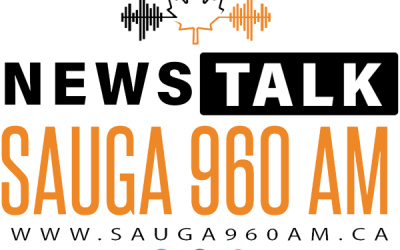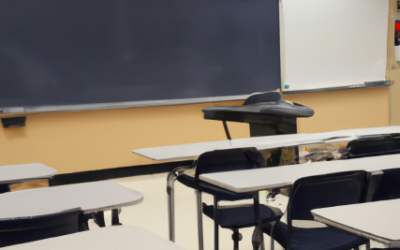Michelle Mather was in a restaurant recently, where she spotted two teens sitting across from each other, heads down, staring at cellphones and texting, not talking.
Whether they were sending messages to each other or different friends, she wasn't sure.
But the image, she admits, was unsettling and yet another illustration of how high-tech gadgetry seems to be running the lives of young people.
Some experts argue the rapidly changing world of technology could be benefiting kids' intelligence and literacy skills. And whether they're reading a book, a website or a text message, it doesn't matter.
But Mather, a mother of four who's seen it all, is skeptical about whether computer games, the Internet and chatting online is doing much at all for kids' brains or, just as importantly, their social skills.
"Computers don't send nuances," says Mather. "They don't teach you how to interact with people, one-on-one, or how to react to someone. They're a completely different medium, and they can breed a lot of harm.
"I know I wouldn't put my daughter blindfolded in a room with a whole bunch of people and just let her talk to anyone. Well, that's what kids are doing on the computer."
Mather's oldest son is now studying fine arts at the University of Victoria, and her three younger children include a daughter in Grade 9 and two sons in grades 3 and 4.
The three still living at home are subject to a strict set of rules, including no private e-mails until junior high, no access to Internet sites unless they are educational, and no violent video games.
"If it's not legal in the real world, I don't want it in my house," says Mather.
Pam Young, a former University of Calgary professor who conducted research on language and literacy and now teaches at the University of Manitoba, agrees parents have to set limits.
But the definition of literacy has also changed, and now includes visual media such as the web. So kids today who are comfortable with the computer, she says, will probably find more success in the new digital world.
"Literacy used to be based solely on the ability to read and write with print, but that's changed," says Young. "Kids need to be visually and digitally literate now. There's an increasing body of research that supports that."
But parental involvement is critical, she adds. "Ask questions like, 'Why do you like it so much? Show me how to play,' " Young says.
The worst thing a parent can do, she adds, is force a child to sit and read.
"Reading habits must begin very early — it comes from the pleasant association of a parent cuddling in and reading a book. It's part of the bedtime routine. If that's instilled, they'll be more likely to enjoy reading when they're older."
Heather Wilkey, who has a daughter in Grade 8, says it's almost impossible to avoid computer use.
"I see her on it and I say, 'Shouldn't you be doing your homework?' and she'll say, 'I am.' "
In fact, her daughter's junior high, Vincent Massey, is having a contest to see how much students can reduce paper usage, encouraging more computer use.
"She uses the computer a lot, at least one hour a day. . . . But at the same time, she's never missed being on the honour roll since she started junior high," Wilkey says.
Still, a recent report suggests filling classrooms with computers doesn't seem to be making students any smarter and may actually be harming the education of younger children.
Released by the Frontier Centre for Public Policy think-tank this spring, it cites several studies, including an international review that found students with less access to computers earned higher grades in math, reading and science.
The report also warned against elementary schools wasting class time to teach computer literacy on machines that would become obsolete by the time students entered the workforce. Class time, it said, would be used much more effectively ensuring students had a strong grasp on basics.
But Laureen Lailey, a learning specialist with curriculum and learning technologies for the Calgary Board of Education, says the video and audio tools that computers provide are beneficial for learners who have difficulties with text.
"There are so many different types of learners. We have to provide multiple forms of text and literacy."
Lailey explains that literacy is no longer just about reading and comprehending text well.
Since today's youth will be employed in a computer-dominated workplace, it will only help them to become strong in computer use, she says.
As a result, students from elementary to high school are learning not just to express ideas on paper, but to build audio and visual presentations.
When students make I-movies, for instance, they learn first to write ideas down, but then to present them in an audio-visual form, teaching them how to present ideas visually and teaching them better public speaking skills.
"I'm not meeting all interests or diversity of learning if I just say 'Everybody write an essay,' " Lailey says. "Engaging students in multiple forms of text and interest is always best."


